What Is Ethylene Gas: Information On Ethylene Gas And Fruit Ripening
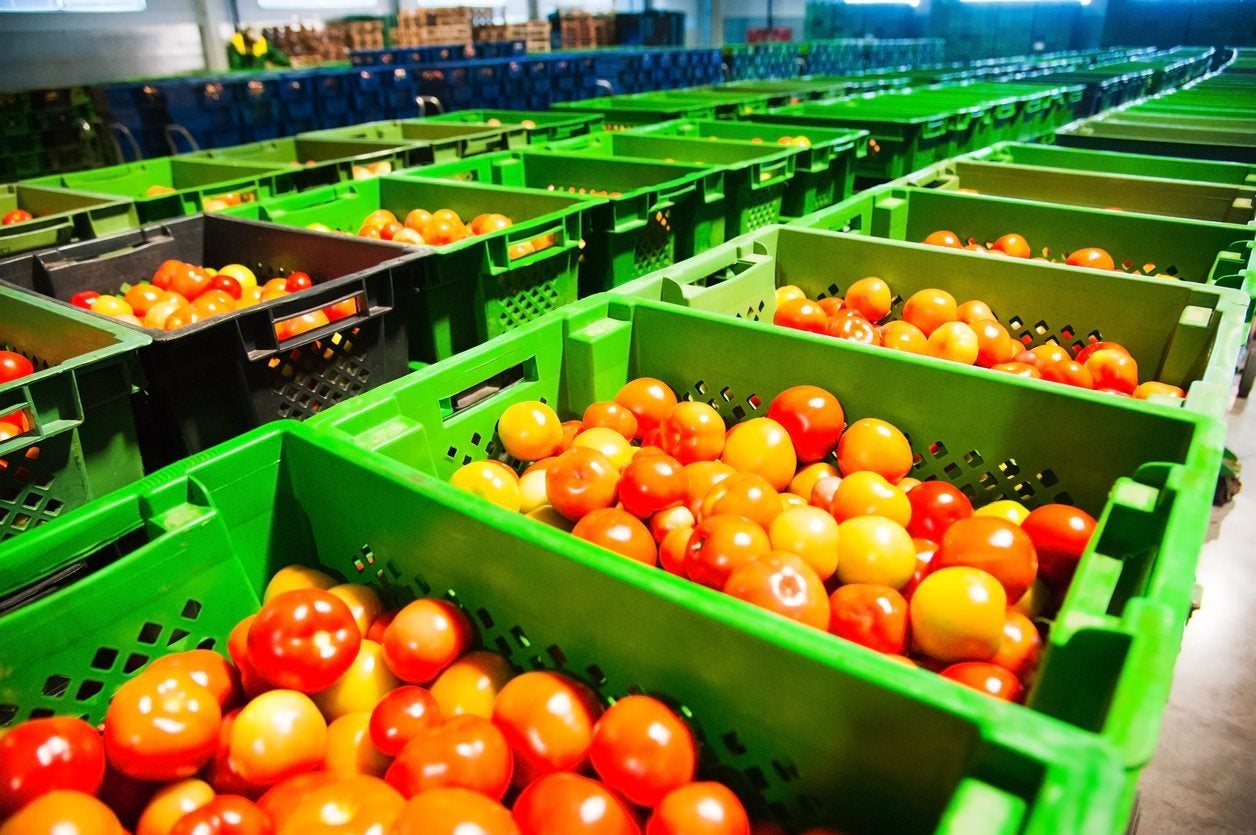
Perhaps you have heard it said not to place your newly harvested fruits in the fridge alongside other types of fruits to avoid over-ripening. This is due to the ethylene gas that some fruits give off. What is ethylene gas? Keep reading to learn more.
What is Ethylene Gas?
Without scent and invisible to the eye, ethylene is a hydrocarbon gas. Ethylene gas in fruits is a naturally occurring process resulting from the ripening of the fruit or may be produced when plants are injured in some way. So, what is ethylene gas? Ethylene gas in fruits and vegetables is actually a plant hormone which regulates the plant's growth and development as well as the speed at which these occur, such as hormones do in humans or animals. Ethylene gas was first discovered about 100 years ago when a student noticed that trees growing near gas street lamps were dropping leaves more rapidly (abscising) than those planted at a distance from the lamps.
Effects of Ethylene Gas and Fruit Ripening
Cellular amounts of ethylene gas in fruits can reach a level whereupon physiological changes occur. The effects of ethylene gas and fruit ripening may also be affected by other gases, such as carbon dioxide and oxygen, and varies from fruit to fruit. Fruits such as apples and pears emit a greater amount of ethylene gas in fruits, which affects their ripening. Other fruits, like cherries or blueberries, produce very little ethylene gas and it, therefore, does not impinge upon the ripening process. The effect of ethylene gas upon fruit is a resulting change in texture (softening), color, and other processes. Thought of as an aging hormone, ethylene gas not only influences the ripening of fruit but may also cause plants to die, generally occurring when the plant is damaged in some manner. Other effects of ethylene gas are loss of chlorophyll, abortion of plant foliage and stems, shortening of stems, and bending of the stems (epinasty). Ethylene gas can be either a good guy when used to hasten ripening of fruit or a bad guy when it yellows vegetables, damages buds, or causes abscission in ornamental specimens.
Further Information on Ethylene Gas
As a plant messenger that signals the plant's next move, ethylene gas can be used to trick the plant into ripening its fruits and vegetables earlier. In commercial environments, farmers use liquid products that are introduced pre-harvest. The consumer may do this at home by simply placing the fruit or vegetable in question inside a paper bag, like a tomato. This will concentrate the ethylene gas inside the bag, allowing the fruit to ripen more quickly. Do not use a plastic bag, which will trap moisture and may backfire on you, causing the fruit to rot. Ethylene may be produced not only in ripening fruit, but from internal combustion exhaust engines, smoke, rotting vegetation, natural gas leaks, welding, and in some types of manufacturing plants.
Gardening tips, videos, info and more delivered right to your inbox!
Sign up for the Gardening Know How newsletter today and receive a free copy of our e-book "How to Grow Delicious Tomatoes".

Amy Grant has been gardening for 30 years and writing for 15. A professional chef and caterer, Amy's area of expertise is culinary gardening.
-
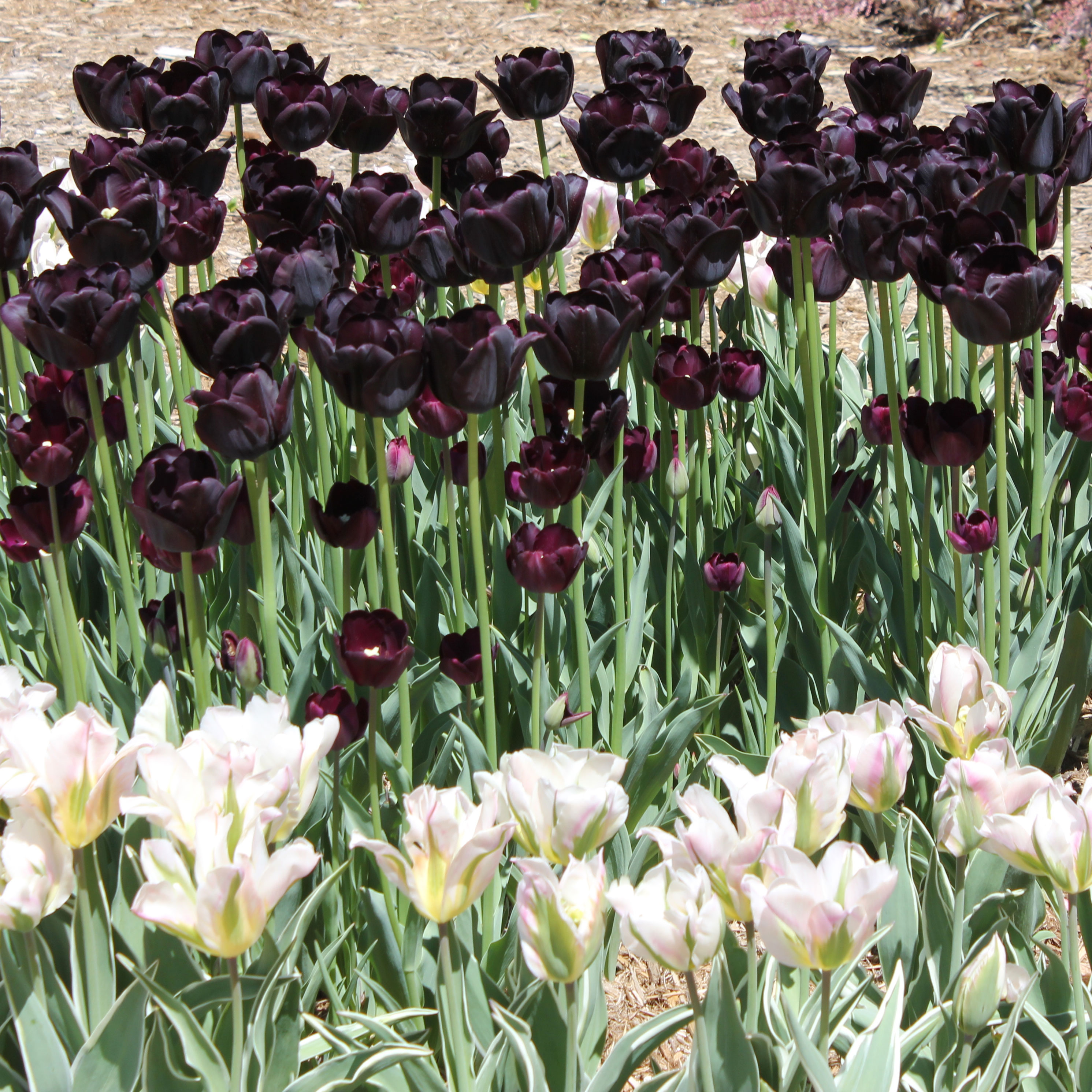 Moody Blooms For Spring: 8 Types Of Black Flowers To Add Drama To Spring Displays
Moody Blooms For Spring: 8 Types Of Black Flowers To Add Drama To Spring DisplaysFrom midnight burgundies to inky violets, several types of black flowers can enrich and embolden a spring display. Try these brooding bloomers for a moody garden
By Tonya Barnett
-
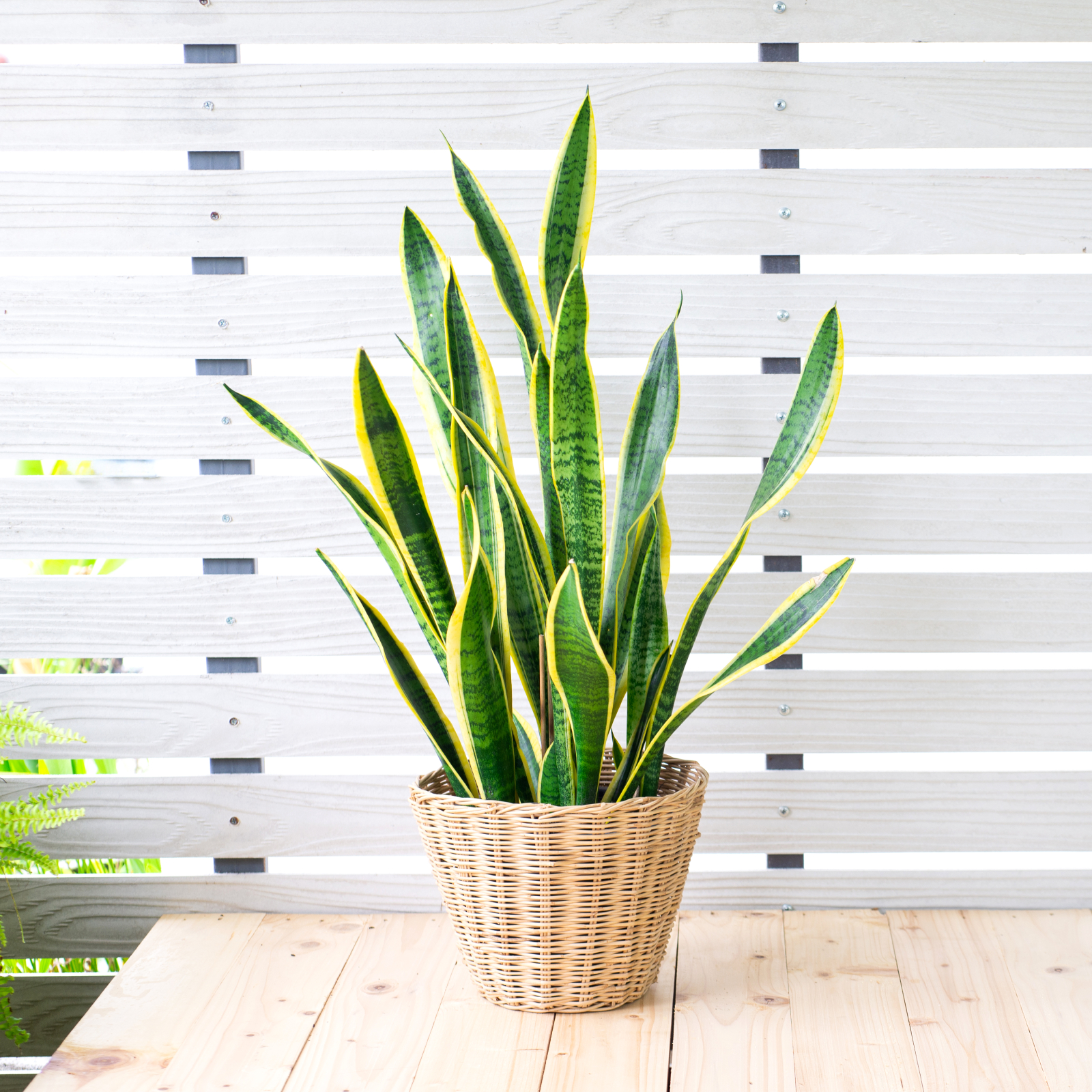 Can Snake Plants Live Outside? Everything You Need To Know For Snake Plants Al Fresco
Can Snake Plants Live Outside? Everything You Need To Know For Snake Plants Al FrescoSnake plants can live outside given the right conditions, but be careful that they don't take over! Learn the best way to use snake plants in your landscape.
By Mary Ellen Ellis
-
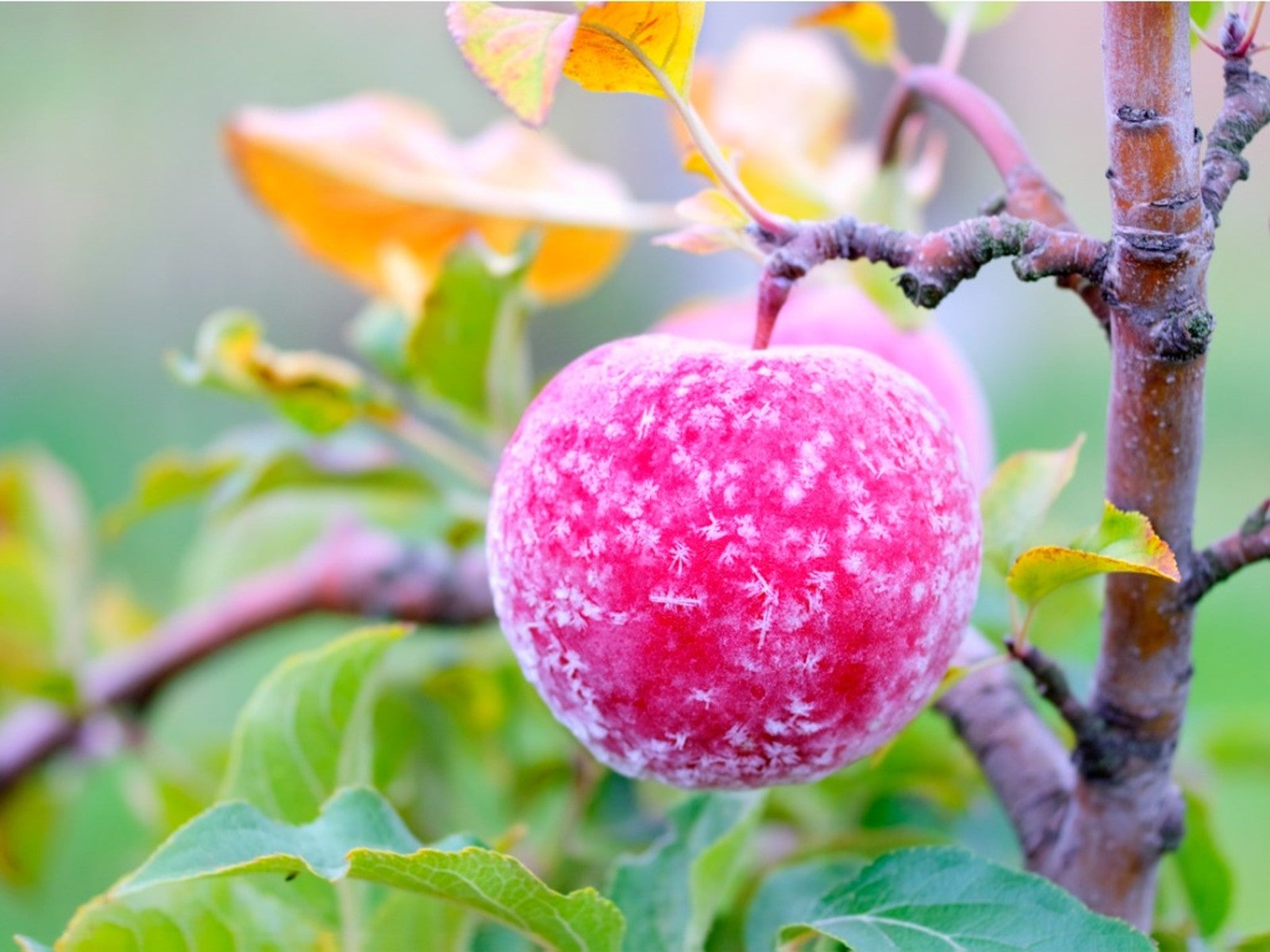 How To Protect Fruit Trees From Frost And Freeze
How To Protect Fruit Trees From Frost And FreezeChoosing fruit trees appropriate for your growing zone is best, but you still may need to protect them from extreme cold. Read how.
By Bonnie L. Grant
-
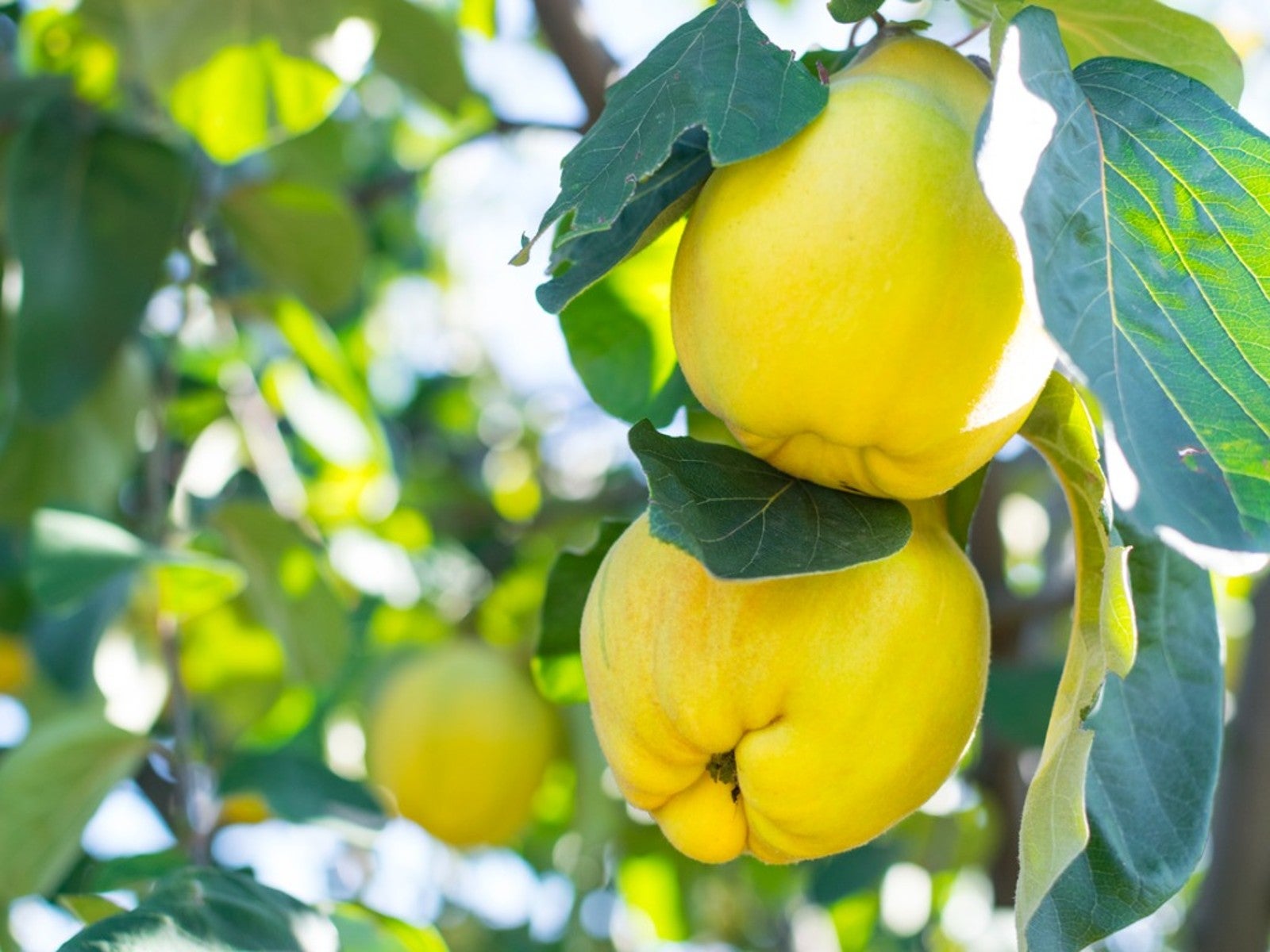 Best Plants For Late Summer and Fall Fruit Harvest
Best Plants For Late Summer and Fall Fruit HarvestEven if you don’t have the optimal conditions for more common fruit trees, there are other end of summer fruits to enjoy.
By Teo Spengler
-
 Best Native Fruit Trees To Support Wildlife
Best Native Fruit Trees To Support WildlifeIf you want trees that will attract and feed wildlife, learn the best kinds of edible fruit and nut trees to plant for inviting specific creatures.
By Teo Spengler
-
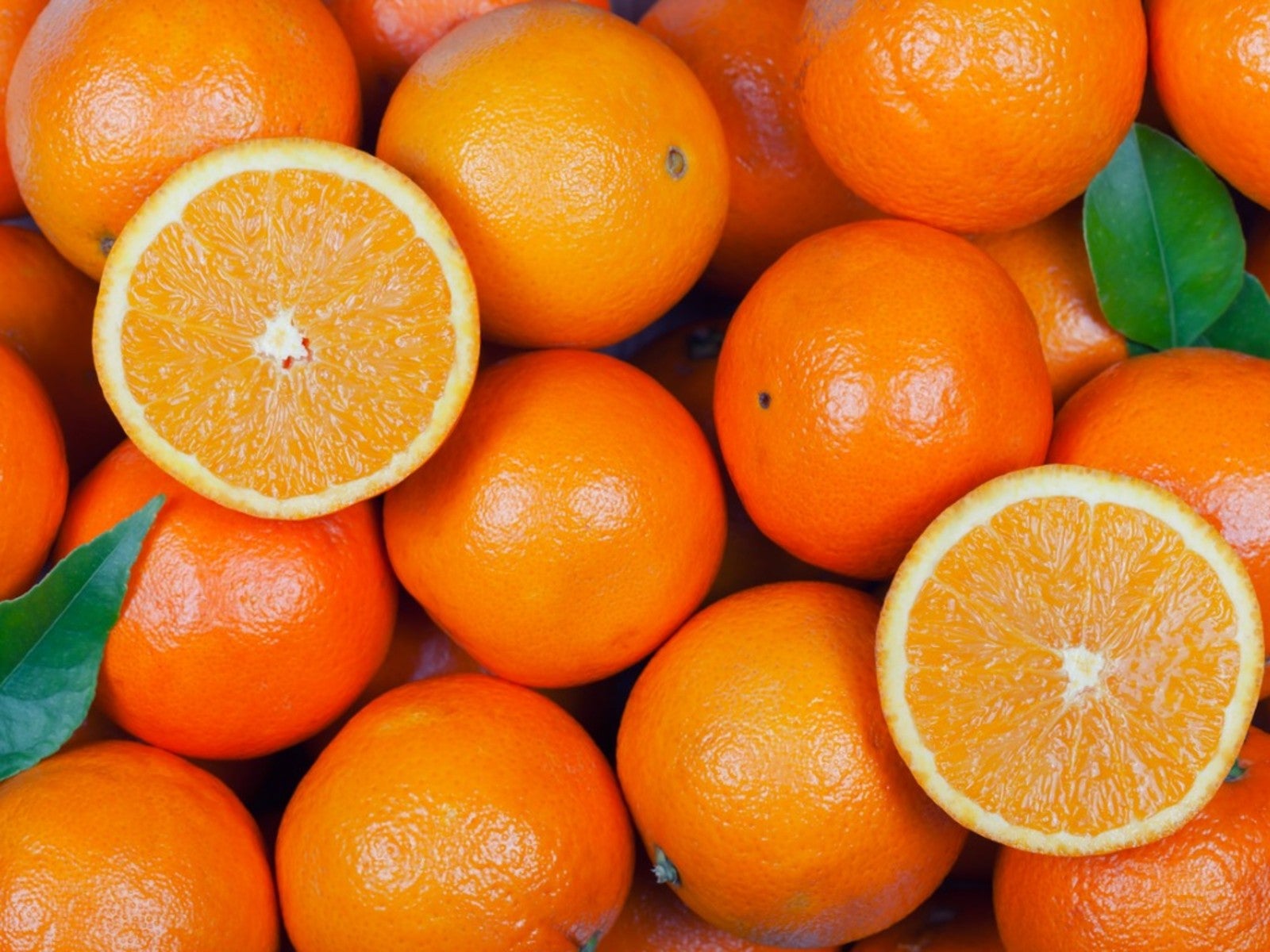 Orange Fruit Varieties: Growing Fruits That Are Orange
Orange Fruit Varieties: Growing Fruits That Are OrangeOrange colored fruit isn’t limited to the citrus orange. There are plenty of other orange colored fruit varieties, each packing a healthful punch. Read on for more.
By Amy Grant
-
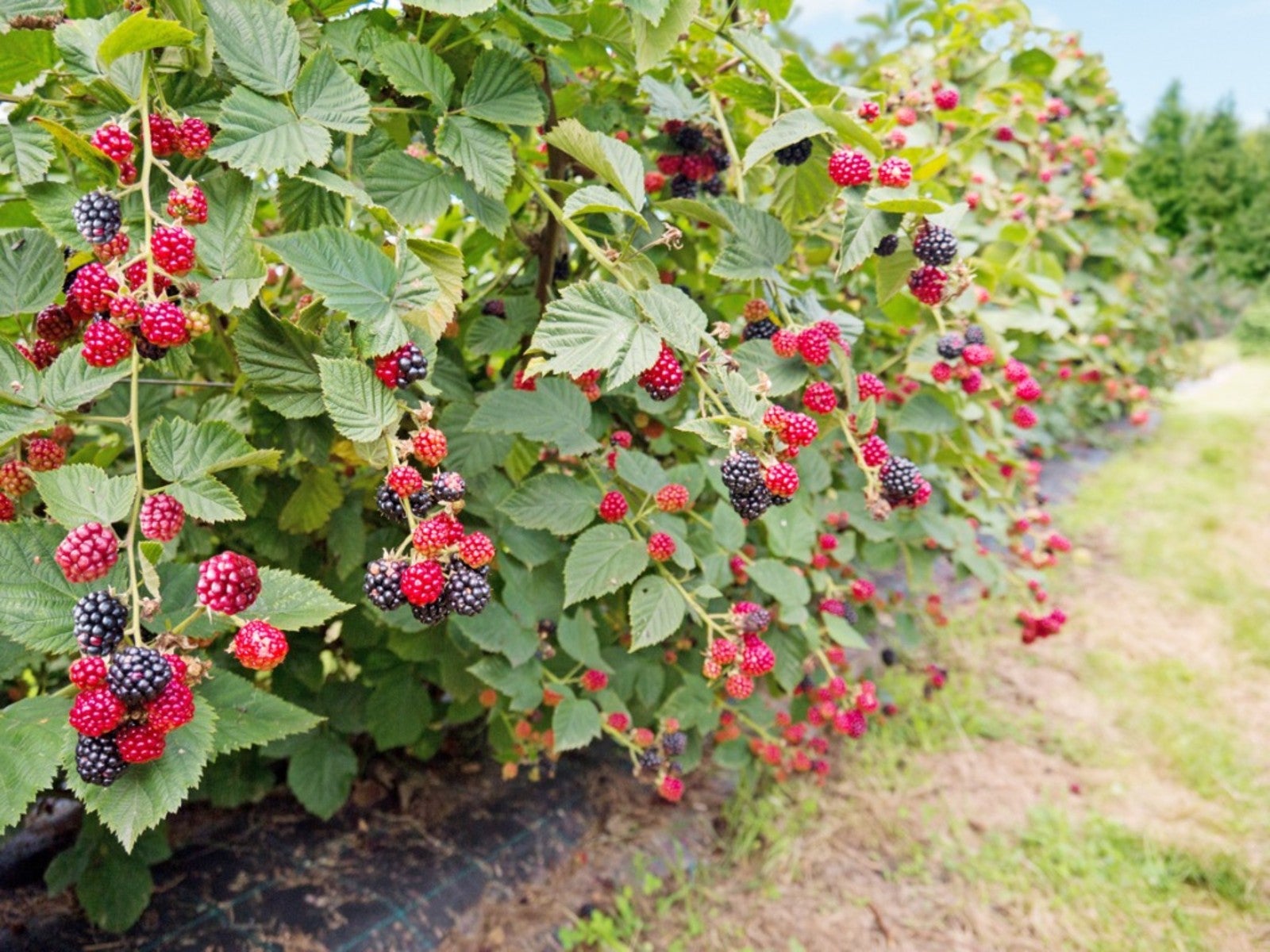 Everbearing Plants: Learn About Everbearing Varieties Of Fruit
Everbearing Plants: Learn About Everbearing Varieties Of FruitWhat does everbearing mean? And more importantly, how do everbearing varieties differ from non-everbearing types? Read on for more.
By Laura Miller
-
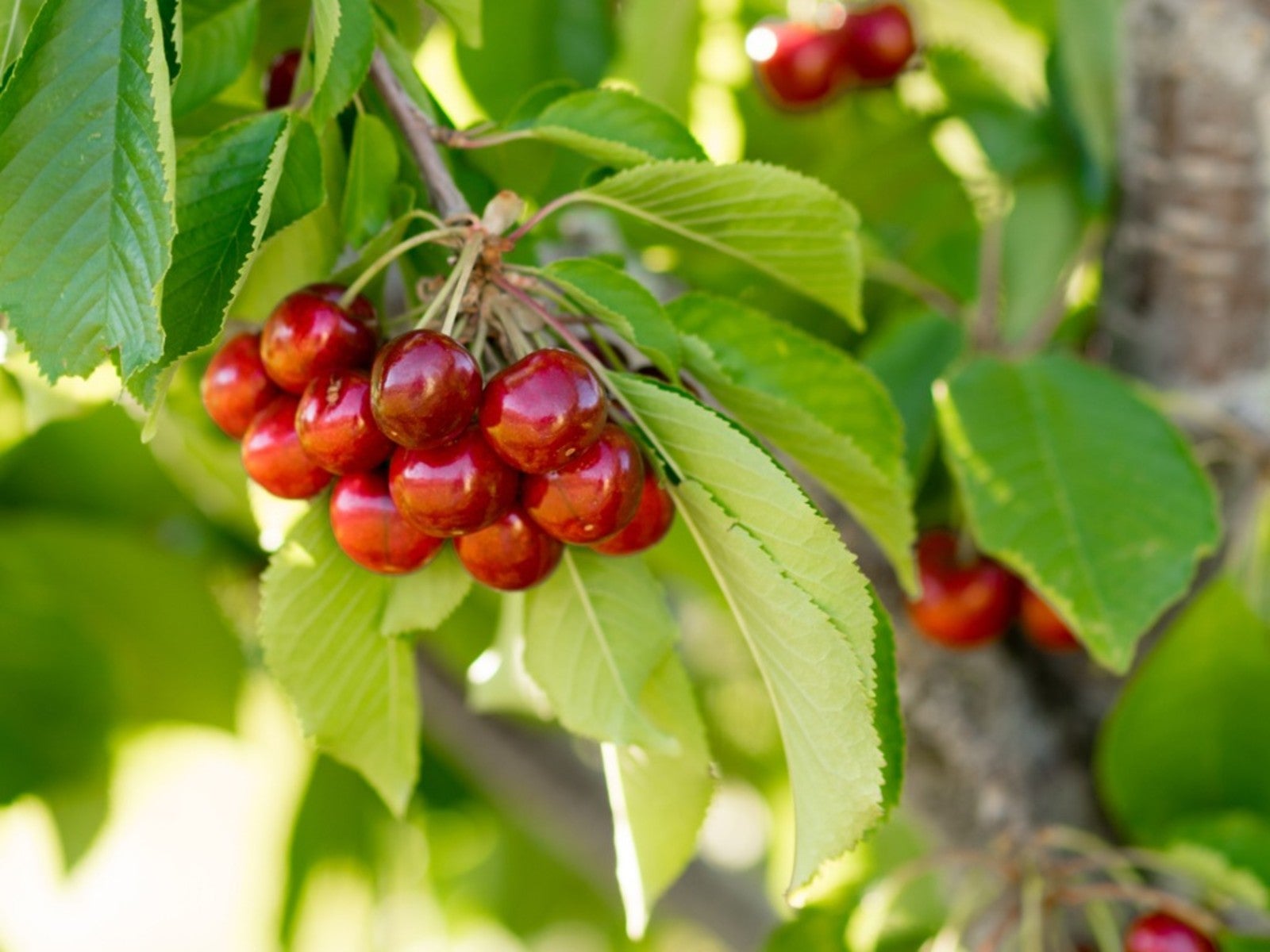 Plant A Red Fruit Garden: Growing Fruits With Red Flesh
Plant A Red Fruit Garden: Growing Fruits With Red FleshPlanting a red fruit garden may seem a bit whimsical. That is, until you realize the health benefits of consuming fruits with red flesh.
By Laura Miller
-
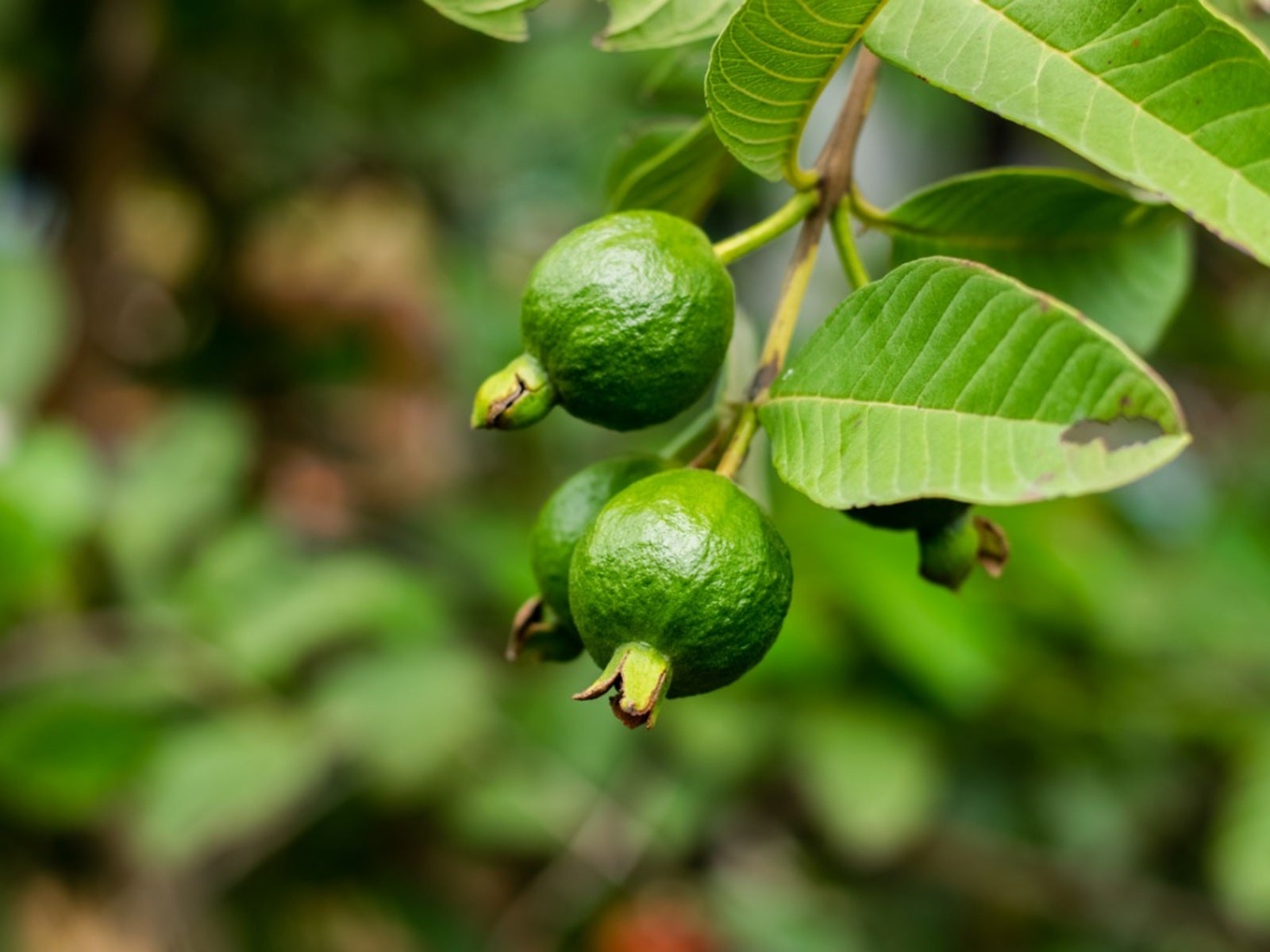 Heat Tolerant Fruits - Growing Fruit In Hot Weather
Heat Tolerant Fruits - Growing Fruit In Hot WeatherSome fruit grows in extreme heat naturally. But there are also specially cultivated, heat-tolerant varieties. For more information on heat tolerant fruits, read on.
By Teo Spengler
-
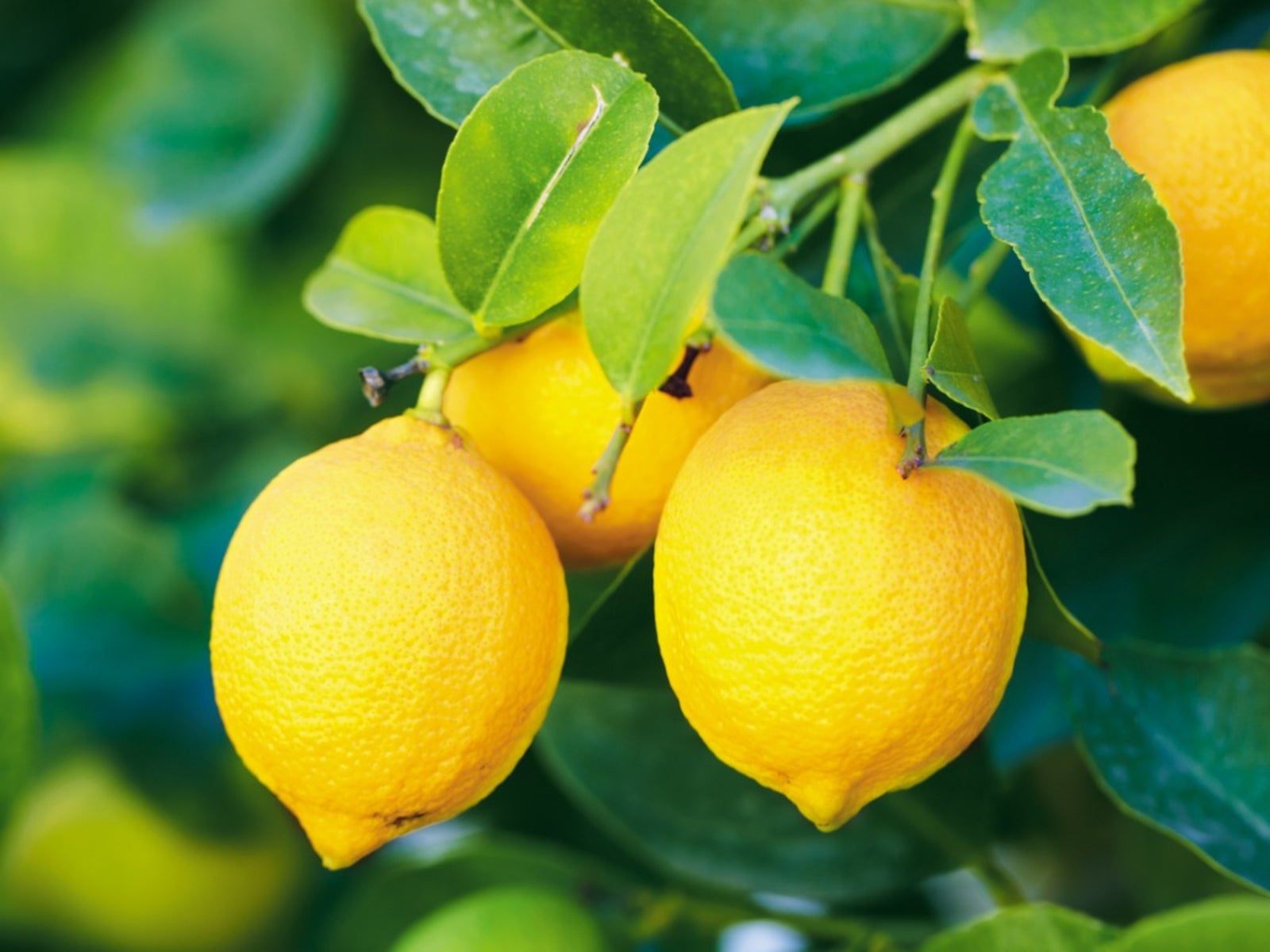 Yellow Fruit Varieties - Growing Fruit That Is Yellow
Yellow Fruit Varieties - Growing Fruit That Is YellowWhat fruit is yellow? There's more than the bananas at the supermarket. Try growing yellow fruit for a consistent supply of sunny food.
By Bonnie L. Grant